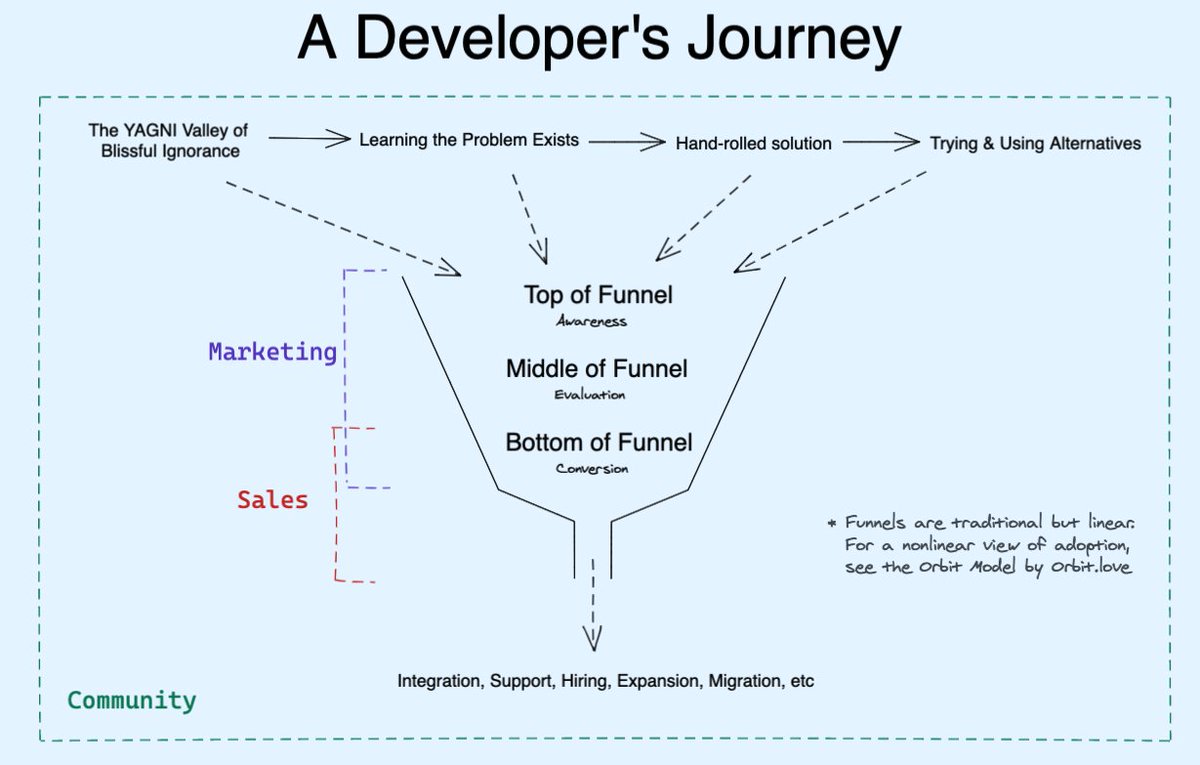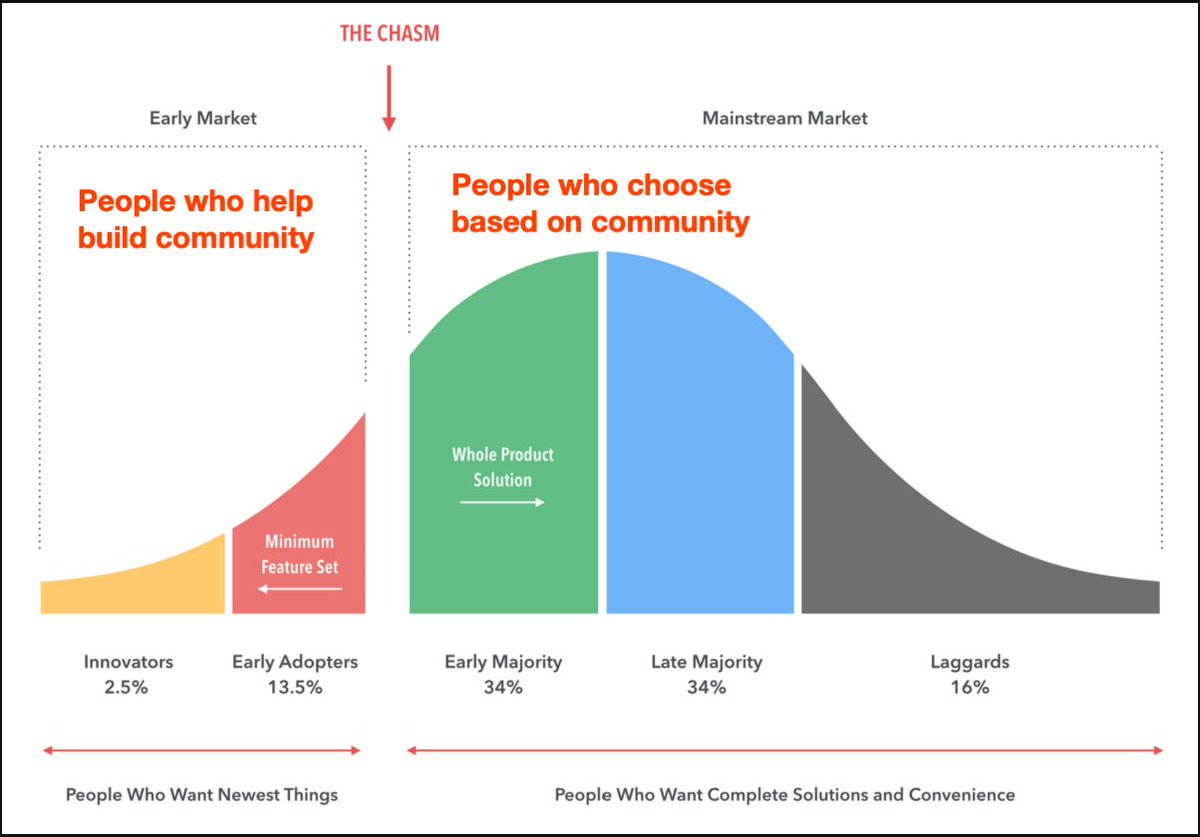
"Broccoli positions": Opinions that may be good for you, but make the person extremely unpopular/exposes them to looking stupid.
Diametric opposite of @shreyas' Apple pie positions.
Some I've seen, no particular order:
Diametric opposite of @shreyas' Apple pie positions.
Some I've seen, no particular order:
"This isn't good enough. Ship it."
Better than never-shipping perfection.
The more stakeholders, the better you get at not-shipping.
Make sure to build in the feedback loop or you won't know what's embarrassing.
Better than never-shipping perfection.
The more stakeholders, the better you get at not-shipping.
Make sure to build in the feedback loop or you won't know what's embarrassing.
"Delete the backlog."
If nothing ever graduates from backlog to priority #1, you are just hoarding guilt.
If nothing ever graduates from backlog to priority #1, you are just hoarding guilt.
"This plan is too detailed."
Over-planning destroys responsiveness and improvisation.
Over-planning destroys responsiveness and improvisation.
"We don't need more research".
More research doesn't fix broken intuition, feedback loops, or infighting teams.
More research doesn't fix broken intuition, feedback loops, or infighting teams.
"We should delete this policy."
More OKRs, policies, and TPS reports don't translate to more work done. You need better buy-in, planning and monitoring for the few you really care about.
More OKRs, policies, and TPS reports don't translate to more work done. You need better buy-in, planning and monitoring for the few you really care about.
"We shouldn't use our platform for this."
Dogfooding can be a dogshit reason to choose building over buying.
Dogfooding can be a dogshit reason to choose building over buying.
• • •
Missing some Tweet in this thread? You can try to
force a refresh









